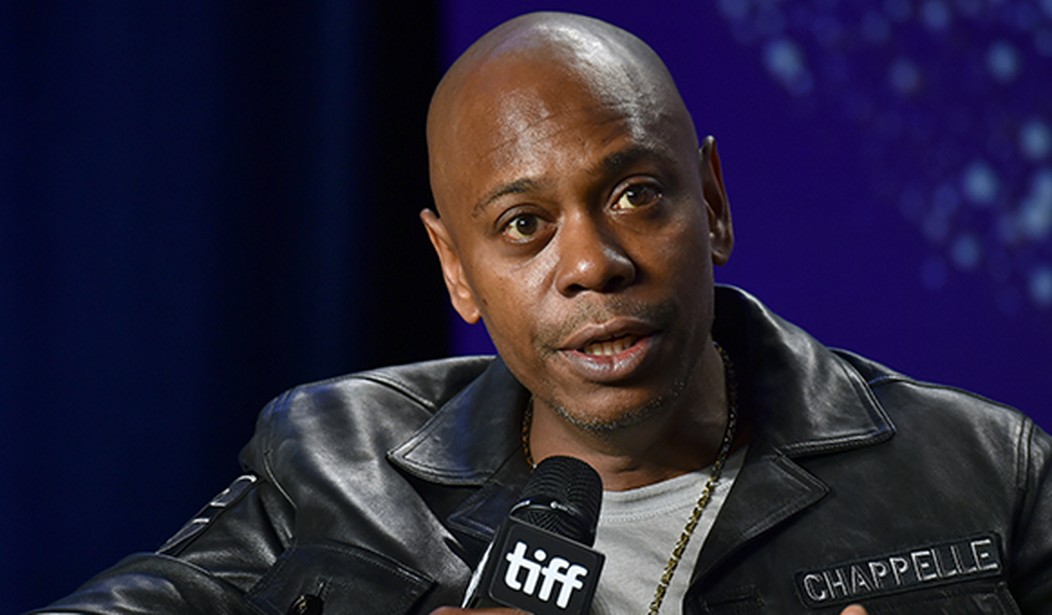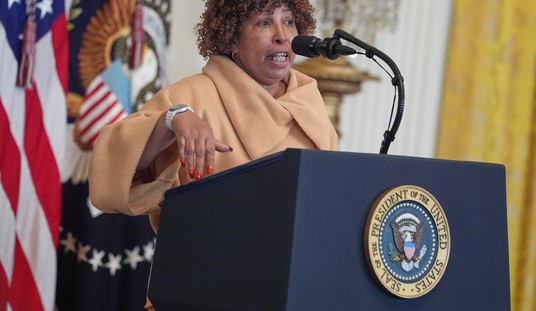The furor over comedian Dave Chappelle’s latest Netflix special has not yet died down. Indeed, the conniption that the hard left had this time has lasted far longer than it has with his previous performances on the streaming service.
Numerous op-eds, social media posts, and cable news broadcasts have featured leftists taking issue with Chappelle’s comments about the LGBTQ community, especially when it concerns transgendered individuals. High-profile leftists have called on Netflix to remove the special from their service and are still ensconced in an effort to cancel the comedian, who remains uncancelable.
This story led MSNBC opinion columnist Katelyn Burns to write a piece in which she accuses Chappelle of exploiting cancel culture for his own benefit, noting how in some cases, the tactic has backfired on those using it. She wrote:
[H]e’s discovered that there’s a segment of the population who will tune into anything by anyone who claims to be “canceled,” no matter who or what the material is. It’s the modern day way of expressing that a creator is “edgy” or “controversial,” and many consumers flock to these acts like moths to a flame.
There’s a segment of the population who will tune into anything by anyone who claims to be “canceled,” no matter who or what the material is.
Burns refers to this phenomenon as the “cancel culture grift economy.” She writes:
In modern day America, the quickest and easiest way to make a buck these days is to get canceled. There’s a built-in infrastructure of media attention and opportunities that come to those who aren’t afraid to offend or go too far.
The columnist then laments the fact that “the only person to get ‘canceled’ in this whole Chappelle mess” was a transgender Netflix employee who criticized his performance and the company for airing it.
Burns is right. There are some who have benefited from the cancel culture community’s attempts to ruin their careers. No tactic can be effective 100% of the time, right?
However, she is missing something. While some can avoid the consequences of being canceled, most cannot. In fact, we typically don’t hear about most of those who find themselves on the receiving end of cancel culture. Why?
Because it typically happens to normal, everyday people.
There have been plenty of stories detailing regular folks who get fired or ostracized in their jobs for making remarks that are not in line with the tenets of wokeism. In some cases, they might say something legitimately offensive without realizing it. In others, they might just express an opinion out loud or on social media that offends the tender sensibilities of wokeist co-workers.
The problem has become so pronounced that a group called “Counterweight” has been created to offer assistance to those who have experienced cancelation. The organization was formed by author and former academic Helen Pluckrose, who rose to fame after participating in a project with scholars James Lindsay and Peter Boghossian, in which they wrote fake scientific studies on ridiculous topics like rape culture among dogs, and others, and got them published in progressive publications.
Counterweight is essentially a support group for people who have experienced cancel culture in their workplaces or elsewhere. She told The Atlantic that she “hears from three or four people a day who have ‘been disciplined, or [are] being forced to affirm beliefs that they don’t have about race or about gender.’”
The group offers advice, resources, moral support, and even “strategic negotiations” with employers. According to the organization’s website, they are a “source for information, advice and support with dealing with Critical Social Justice (CSJ) ideology.” It explains that while its primary focus is CSJ, they also “oppose authoritarianism and censorship of all kinds.”
One of the organization’s clients, a white social worker working with Fairfax County, told The Atlantic her employer had created a website intimating that police “are the enemy.” The website also had linked to articles and podcasts that included anti-white material and said “white women’s weapons are microaggressions and a direct line to the police murder hotline.”
She said:
“It was just article after article that, to me, were very divisive and degrading.”
She eventually left her employer and opened a private practice.
Another client, a black consultant engineer, said he was being “forced to go on mandatory unconscious bias training, and that the training assumed that because of [his] race [he] was a certain way.”
He also ended up quitting his job.
In a piece published by Forbes, author Evan Gerstmann told the story of a black man working as a security guard at a Wisconsin high school. He was fired after he told a student not to use the N-word. In the exchange, he used the word to communicate to the student the word which he did not wish to be called. In another article, he described a story about a teacher who was fired for refusing to use the correct pronouns when addressing a transgender male student.
There are plenty of people who have contacted Counterweight due to being singled out or even fired if they happen to express a view that disagrees with woke theology. To sum it up, cancel culture isn’t just for famous people. It is typically most effective against regular people. Even worse, it is far more devastating to people who haven’t already made millions of dollars in the entertainment industry.
Dismissing cancel culture because there are some who can survive is a rather odd way to completely miss the point. Cancel culture isn’t a societal cancer just because it is used against the rich and famous – it is a cancer because it is used to destroy the lives of normal people.













